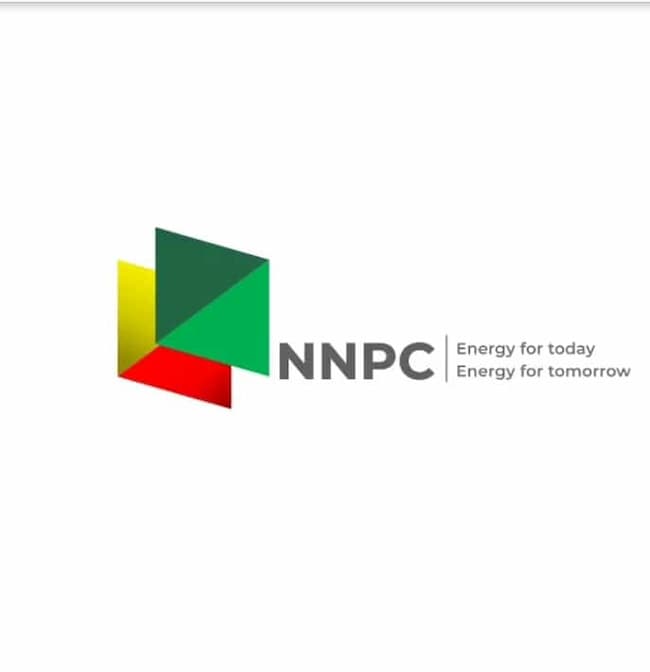The Nigerian National Petroleum Company Limited (NNPCL) has announced its intention to prepay future royalties and taxes to the Federal Government, utilizing the $3.3 billion financing it secured from the African Export-Import Bank (Afrexim) last year.
The disclosure was made in a document titled ‘Frequently Asked Questions – Project Gazelle,’ released by Olufemi Soneye, the Chief Corporate Communications Officer of NNPC Limited, on Sunday night.
The $3.3 billion emergency crude oil repayment loan from Afrexim, was stated to be aimed at supporting the Federal Government in stabilizing Nigeria’s exchange rate.
In the document released on Sunday, NNPC Limited aimed to provide clarity on the financing agreement and addressed various aspects of the deal. It clarified that the loan was designed to prepay future royalties and taxes to the Federal Government.
One key detail highlighted in the document was the adoption of a lower price benchmark for the $3.3 billion crude-for-cash loan. NNPC Limited revealed that it employed a conservative crude price of $65 per barrel to calculate the allocated crude to be produced and sold in the future. The global benchmark for crude, Brent, is presently at around $78 per barrel.
Explaining the choice of a $65 per barrel benchmark, NNPC Limited stated that this decision aimed to create a safety margin for potential price fluctuations in the future. The company has reserved up to 90,000 barrels of crude for Project Gazelle, ensuring sufficient cash flow for repayment and other financial obligations.
The national oil firm clarified that the quantity of crude earmarked (90,000 barrels) was strategically sized to ensure ample cash availability for the repayment of the facility when due. This approach also allowed NNPC Limited to meet other cash flow obligations, considering the anticipated future price of crude oil globally.
Additionally, NNPC Limited highlighted that repayments were strategically planned and linked to future oil sales, with conservative pricing in oil sales contracts to mitigate risks associated with oil price volatility. The company assured stakeholders that the financing arrangement was designed with careful consideration of potential market dynamics and financial stability.
















